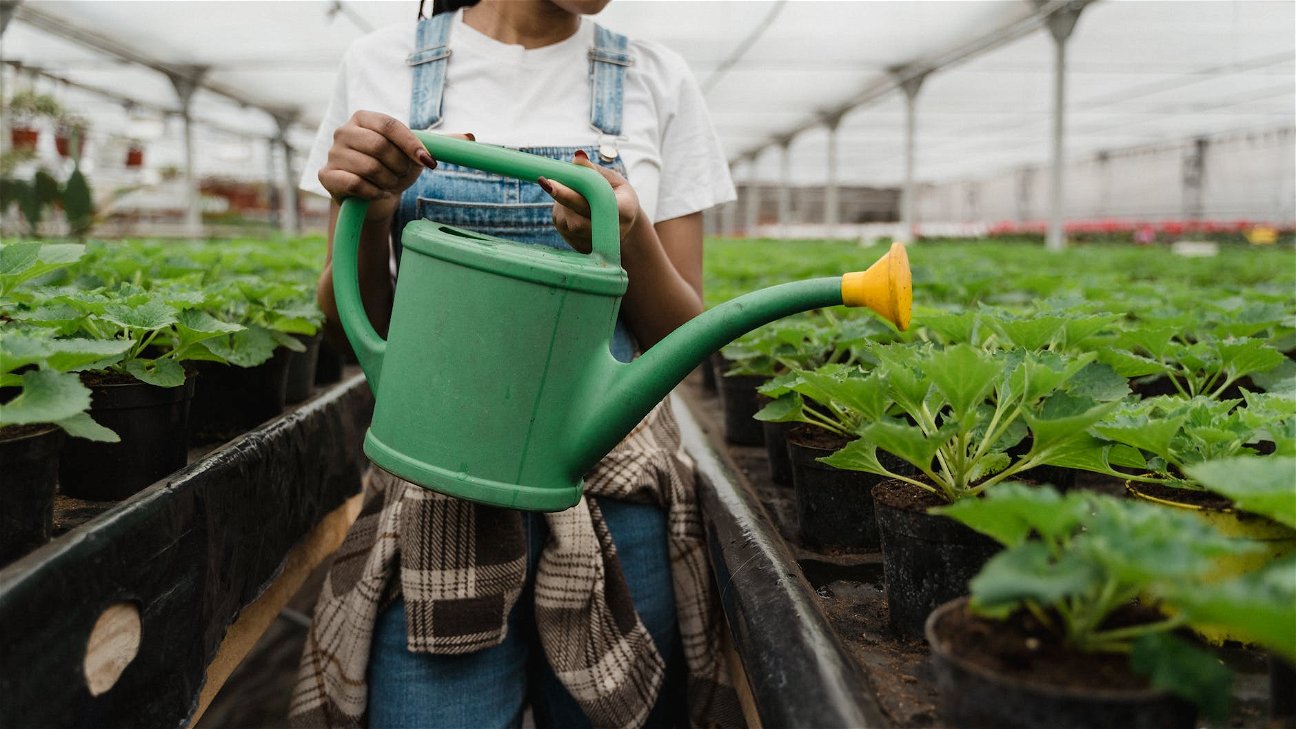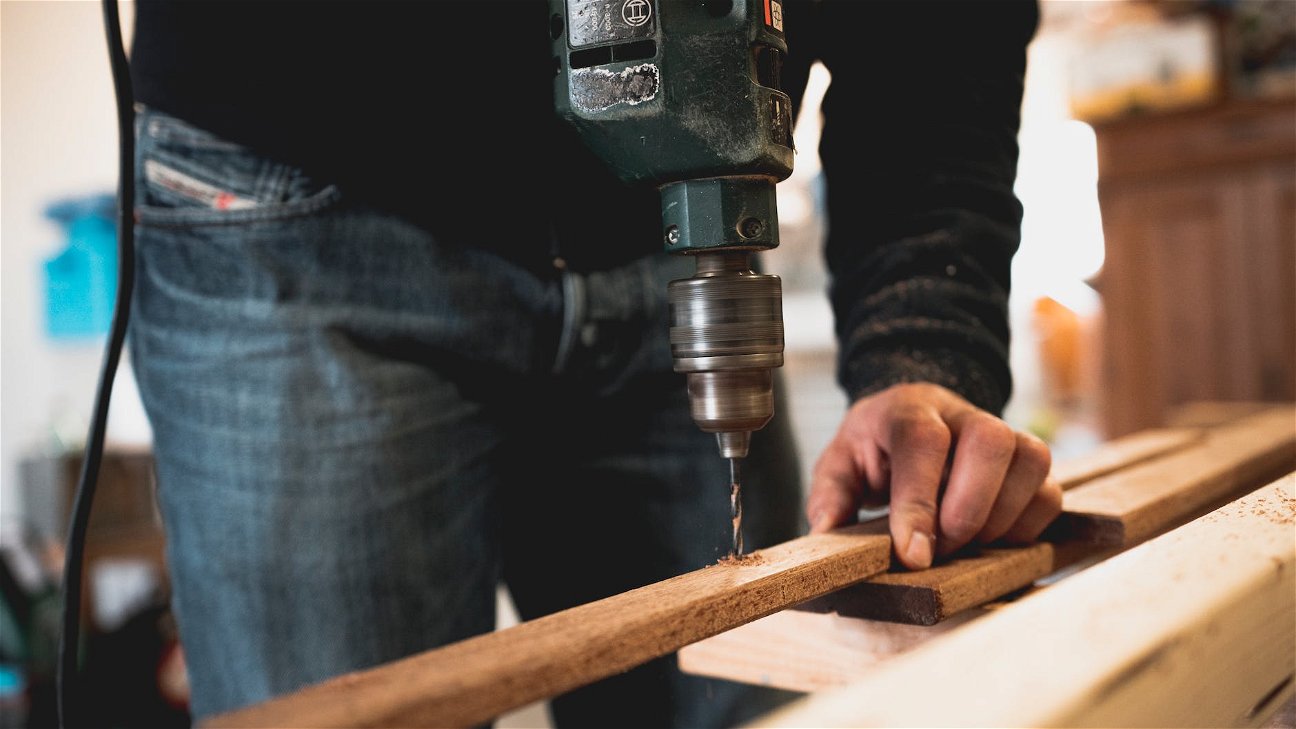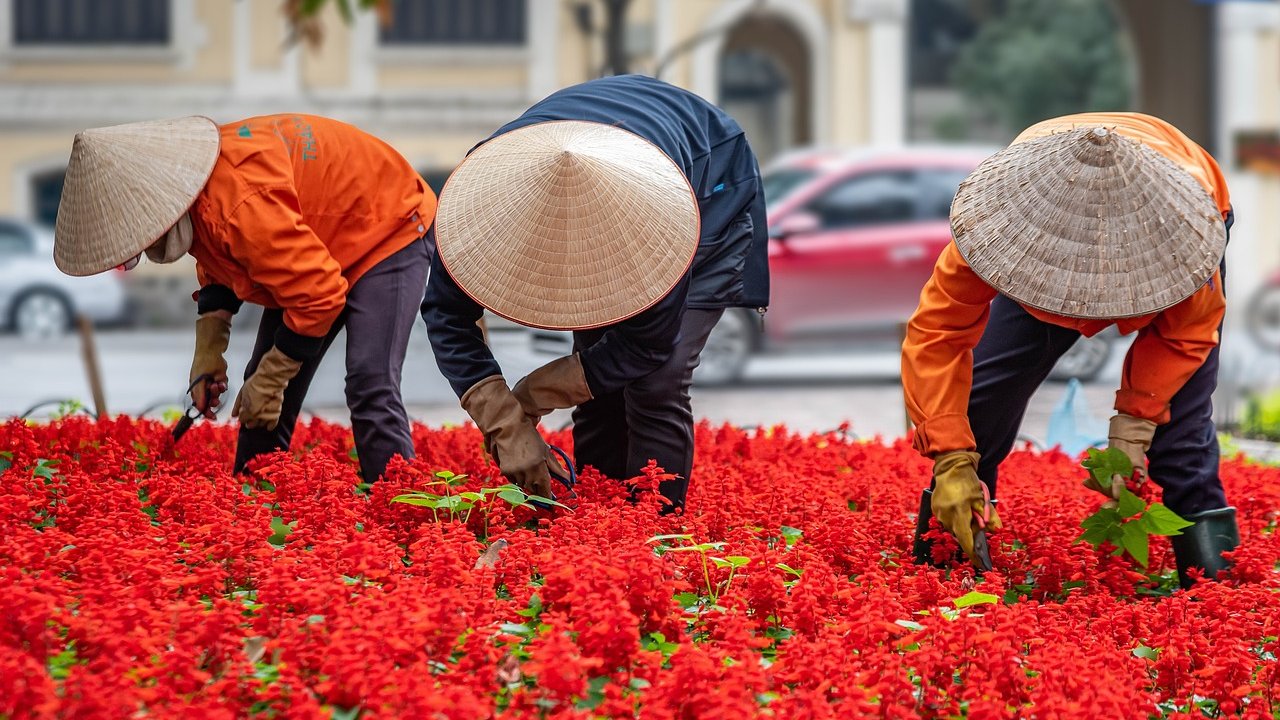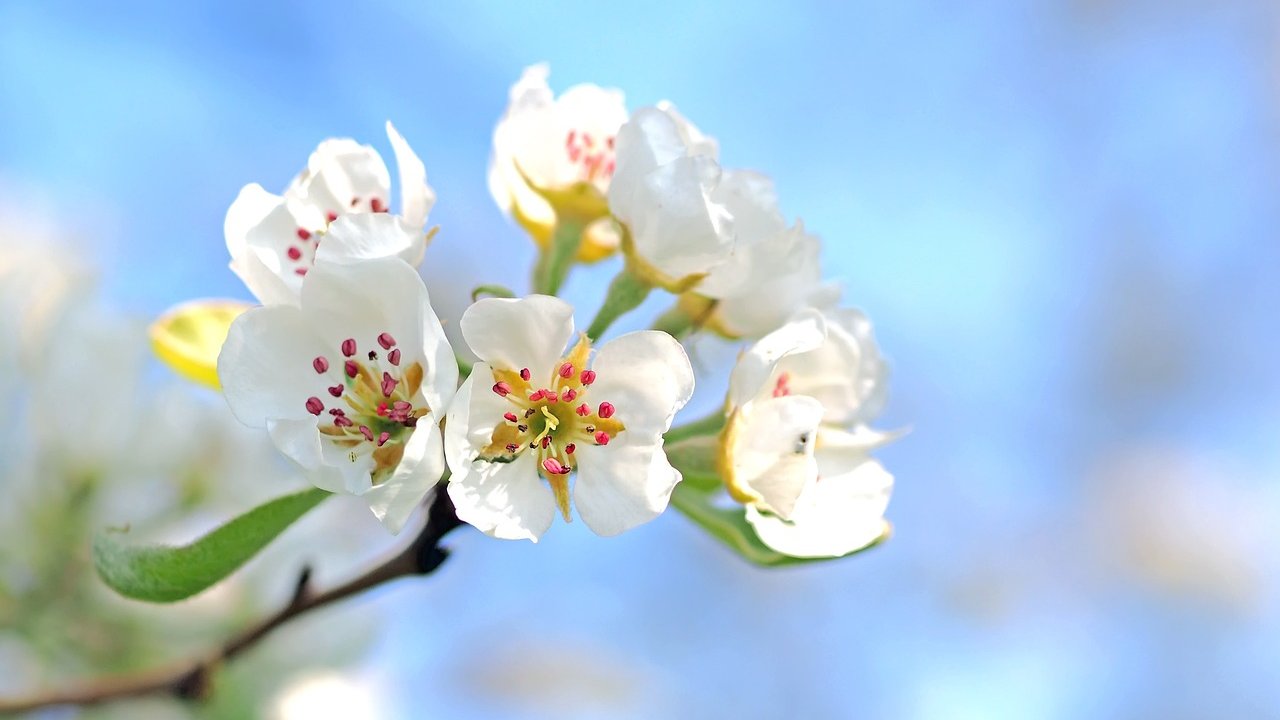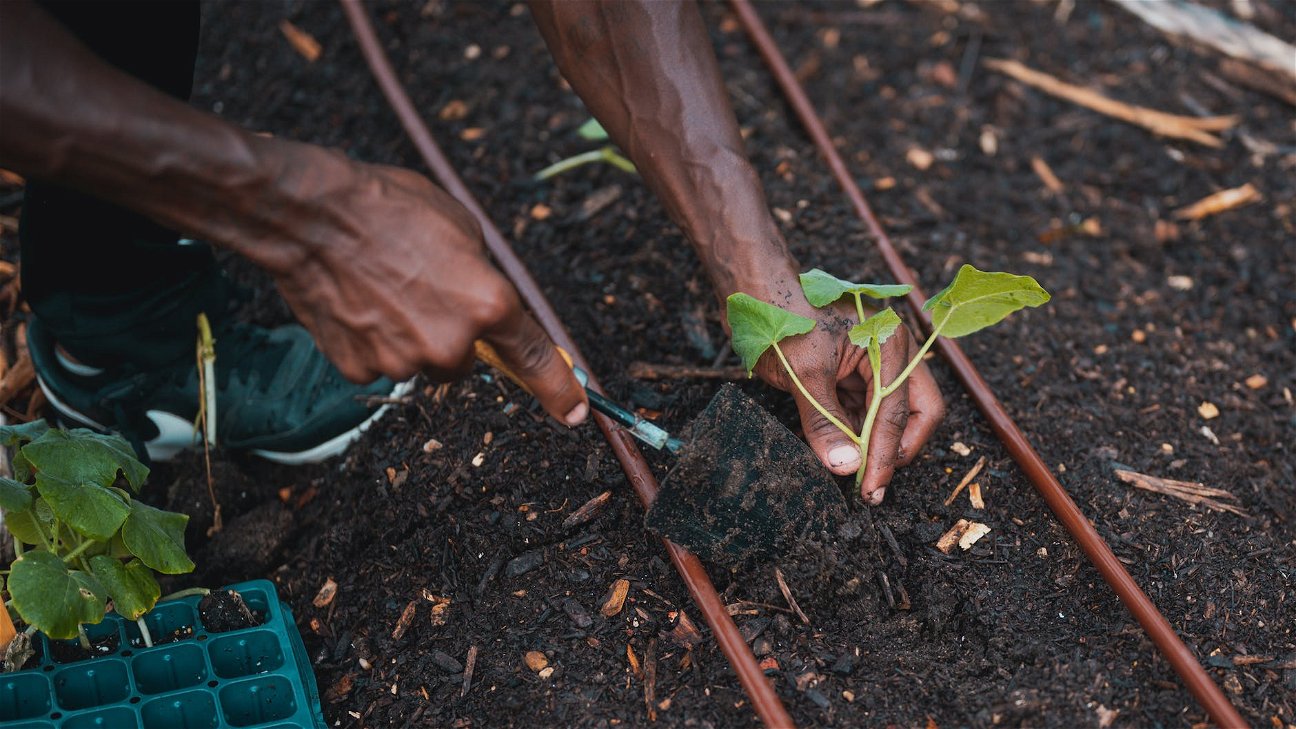
We all want to have a healthy, lush garden, and composting is one of the easiest ways to achieve this. But if you're new to gardening, composting can seem intimidating. Don't worry, this guide will walk you through the basics of composting, from what it is, why it's beneficial, to how to get started.
What is Composting?
Composting is the process of breaking down organic material, such as kitchen scraps and garden waste, into a nutrient-rich soil conditioner. The best part? You can do it right at home, and it's a great way to reduce waste.
Why Compost?
Here's why composting can be a game-changer for your garden:
- It enriches the soil, helping retain moisture and suppress plant diseases and pests.
- It reduces the need for chemical fertilizers.
- By composting, we're also reducing the amount of organic waste that ends up in landfills.
Starting Your Compost Pile
Now that we've covered the basics, here's how you can start your compost pile.
- Choose a spot for your compost pile or bin: It should be easily accessible and near a water source. For outdoor composting, a shady spot is ideal.
- Start with a layer of browns: These are materials like dry leaves, straw, or newspaper, which provide carbon.
- Add a layer of greens: These are materials like fruit and vegetable scraps, coffee grounds, or grass clippings, which provide nitrogen.
- Add water: The compost pile should be as damp as a wrung-out sponge.
- Turn the compost pile: This should be done every few weeks to help speed up the decomposition process.
What Can You Compost?
Remember, successful composting requires a good balance between greens (nitrogen-rich) and browns (carbon-rich) materials.
Troubleshooting Your Compost
Sometimes, your compost pile may not work as expected. Here are some common issues and solutions:
- Compost pile is smelly: This could be due to too many greens or the pile being too wet. Add browns and turn the pile.
- Compost pile is not heating up: This could be due to lack of greens. Add more green materials.
- Compost pile is attracting pests: Make sure you're not adding any non-compostable items like meat, dairy, or diseased plants.
Conclusion
Starting your composting journey might seem daunting, but once you get the hang of it, it's quite straightforward. Plus, your garden will thank you for it.







